The United Nations Educational, Scientific and Cultural Organization (UNESCO) has launched a new initiative that seeks to capitalize on artificial intelligence (AI) to boost development in Africa.
At G20’s AI for Africa Conference 2025 in Cape Town, South Africa, UNESCO unveiled new initiatives it says will spur the adoption of AI in the continent, ultimately creating employment, boosting access to government services, and protecting human rights.
“Today, alongside the African Union and the South African presidency of the G20, we are working to put artificial intelligence at the service of Africa,” stated UNESCO Director-General Audrey Azoulay.
“Our goal is to spur endogenous momentum in Africa, by training talent, adapting institutions and responding to African priorities. Only in this way will artificial intelligence meet the real needs of the people.”
As part of its commitment, UNESCO will train at least 15,000 civil servants across the region on AI, the opportunities it presents to African governments, and the challenges that hinder its adoption.
Additionally, the Paris-based organization will train 5,000 judges and prosecutors on how AI impacts the judicial system. Referring to its 2024 study that found nearly half of all legal professionals used AI in their work while only 9% had received training on the technology, UNESCO noted that judges and prosecutors are at risk of violating human rights via AI use if not properly trained.
Some African countries are already integrating AI into their judicial systems. In 2024, Morocco started using the technology to transcribe rulings and conduct research in its courts. The North African nation said at the time that AI would enable the judiciary to cut time and costs.
UNESCO followed up its pledge by launching a new program that integrates AI into classrooms in Benin, Senegal, Burundi, and Côte d’Ivoire. Besides imparting AI skills to thousands in the four countries, the program also translates digital learning resources into local languages to promote inclusion.
Experts predict that AI will add $2.9 trillion to Africa’s economy by the decade’s end. However, it could also exacerbate the inequalities that Africa, and the rest of the Global South, currently face, the UN warned earlier this year. The continent is still overly reliant on Western AI solutions, from large language models to data centers; according to Deloitte, Africa hosts less than 1% of global data center infrastructure.
In order for artificial intelligence (AI) to work right within the law and thrive in the face of growing challenges, it needs to integrate an enterprise blockchain system that ensures data input quality and ownership—allowing it to keep data safe while also guaranteeing the immutability of data. Check out CoinGeek’s coverage on this emerging tech to learn more why Enterprise blockchain will be the backbone of AI.
Watch | AI Forge masterclass: Why AI & blockchain are powerhouses of technology

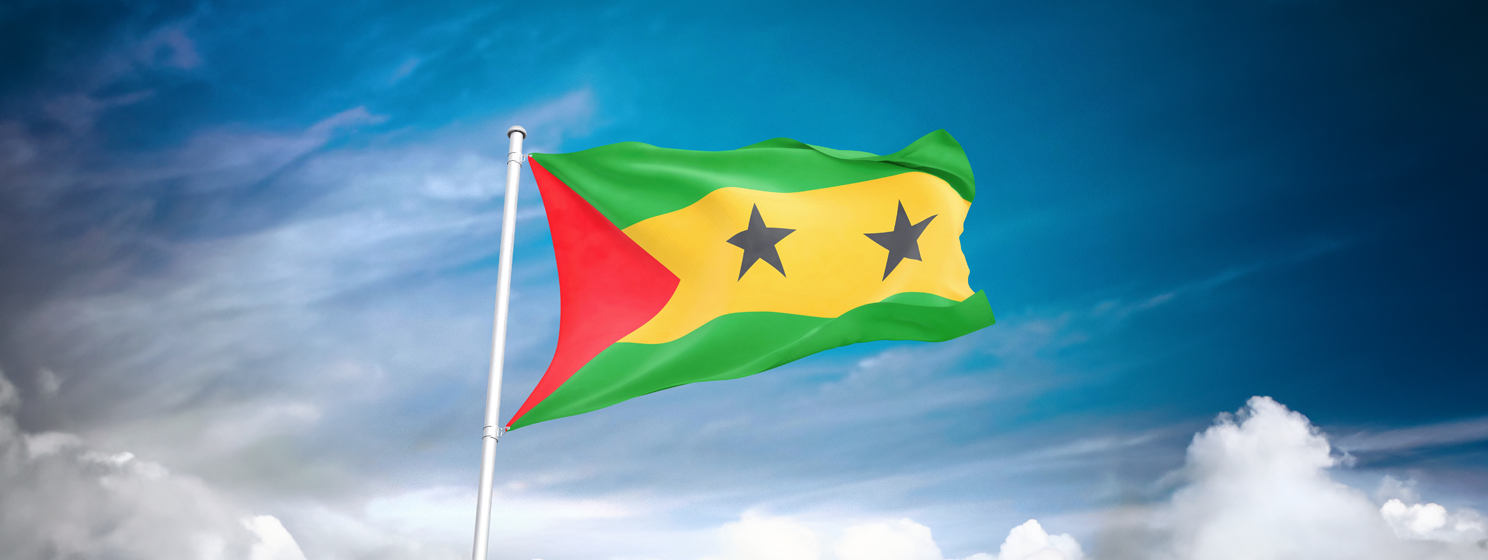
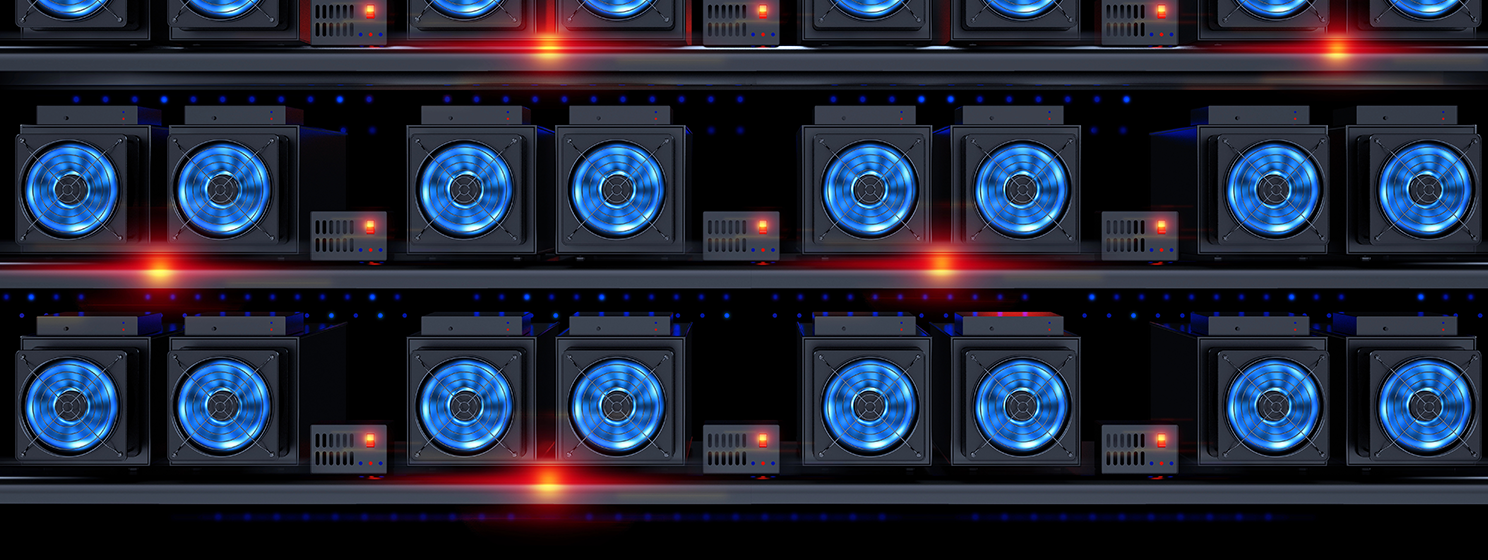





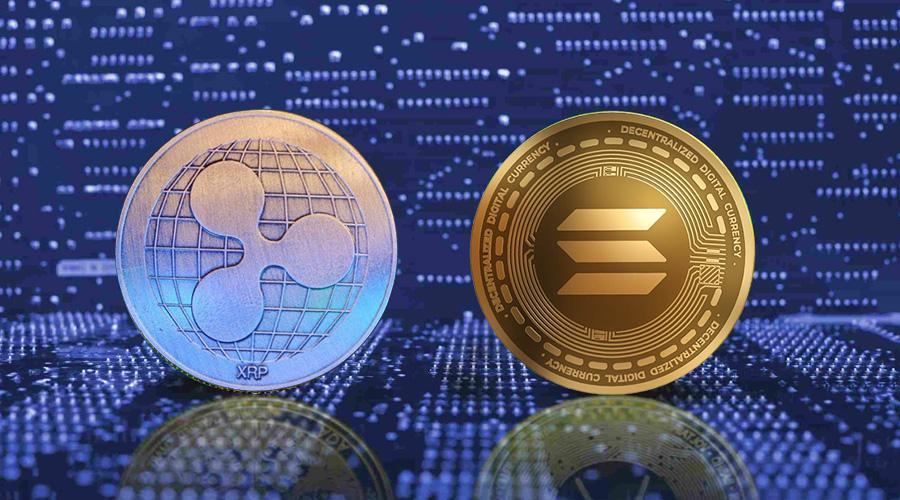
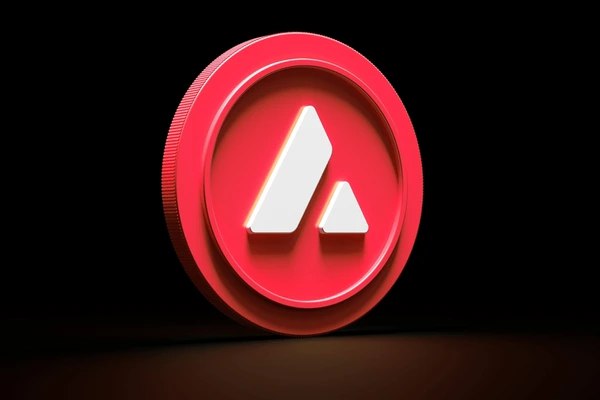
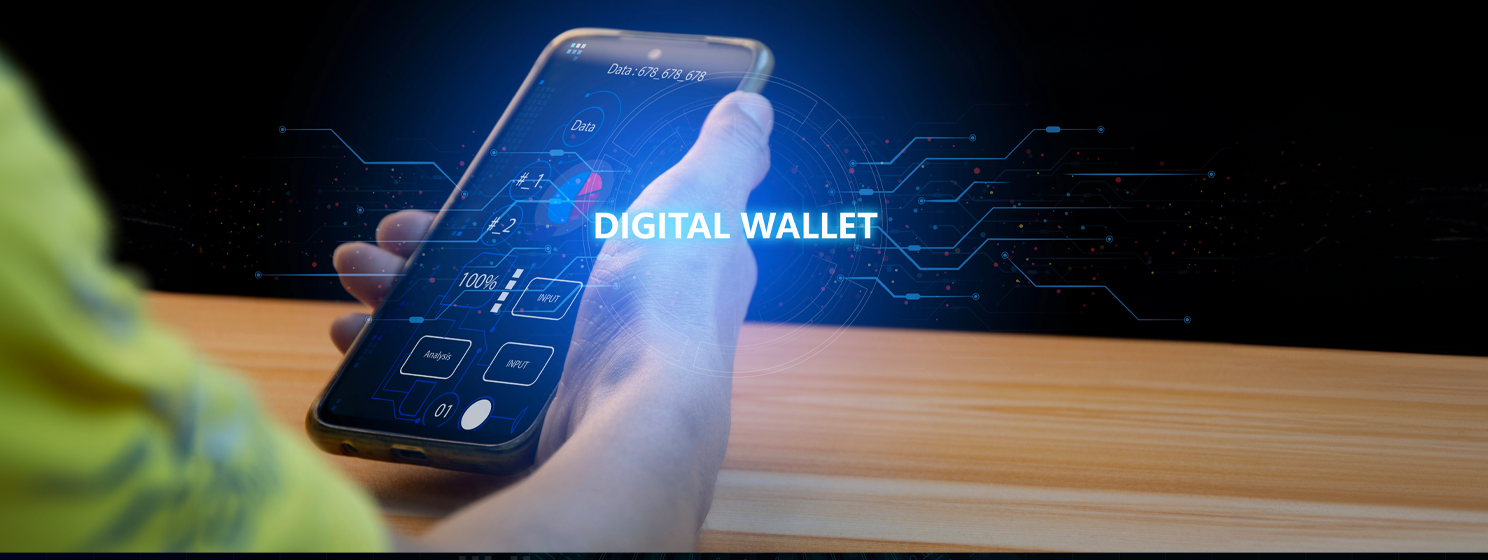
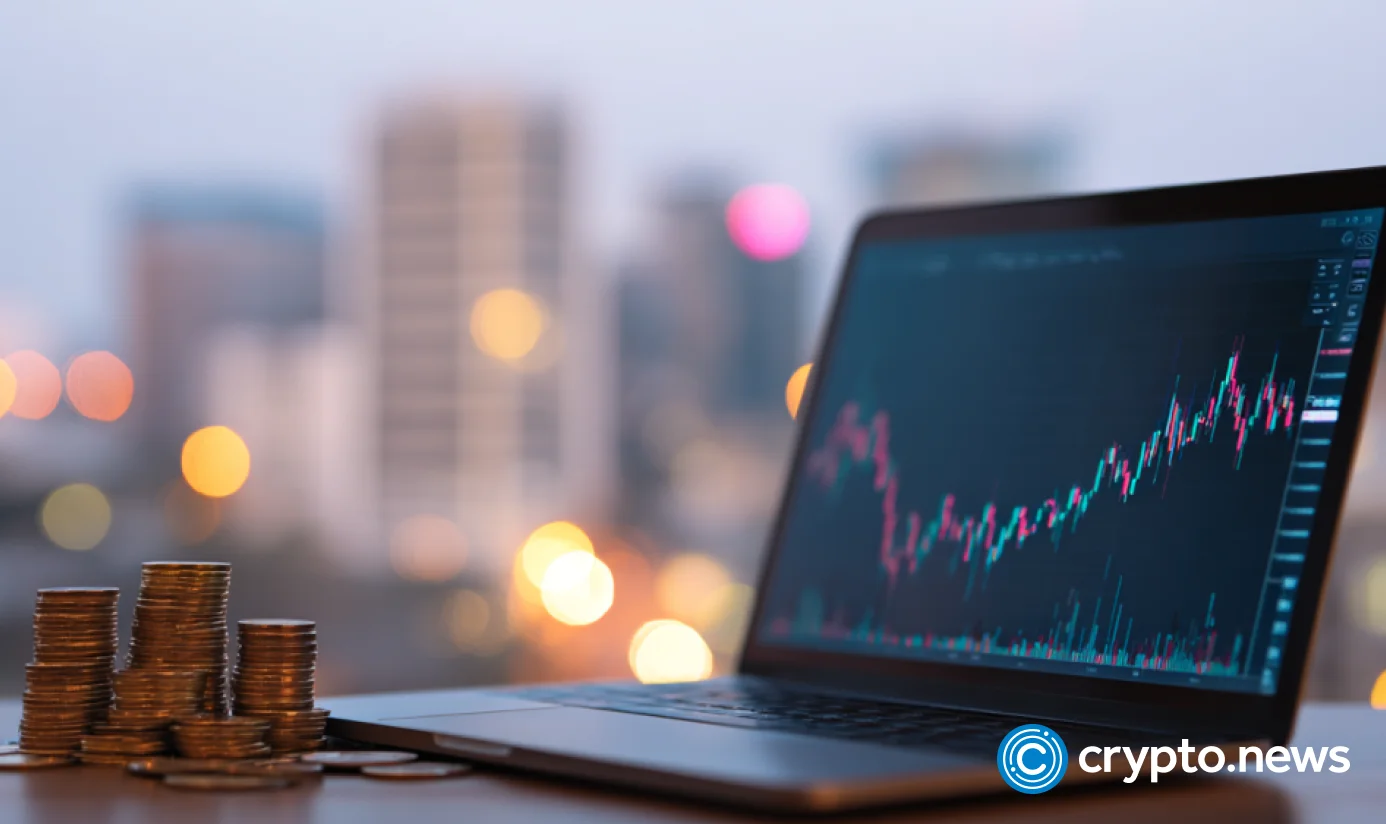



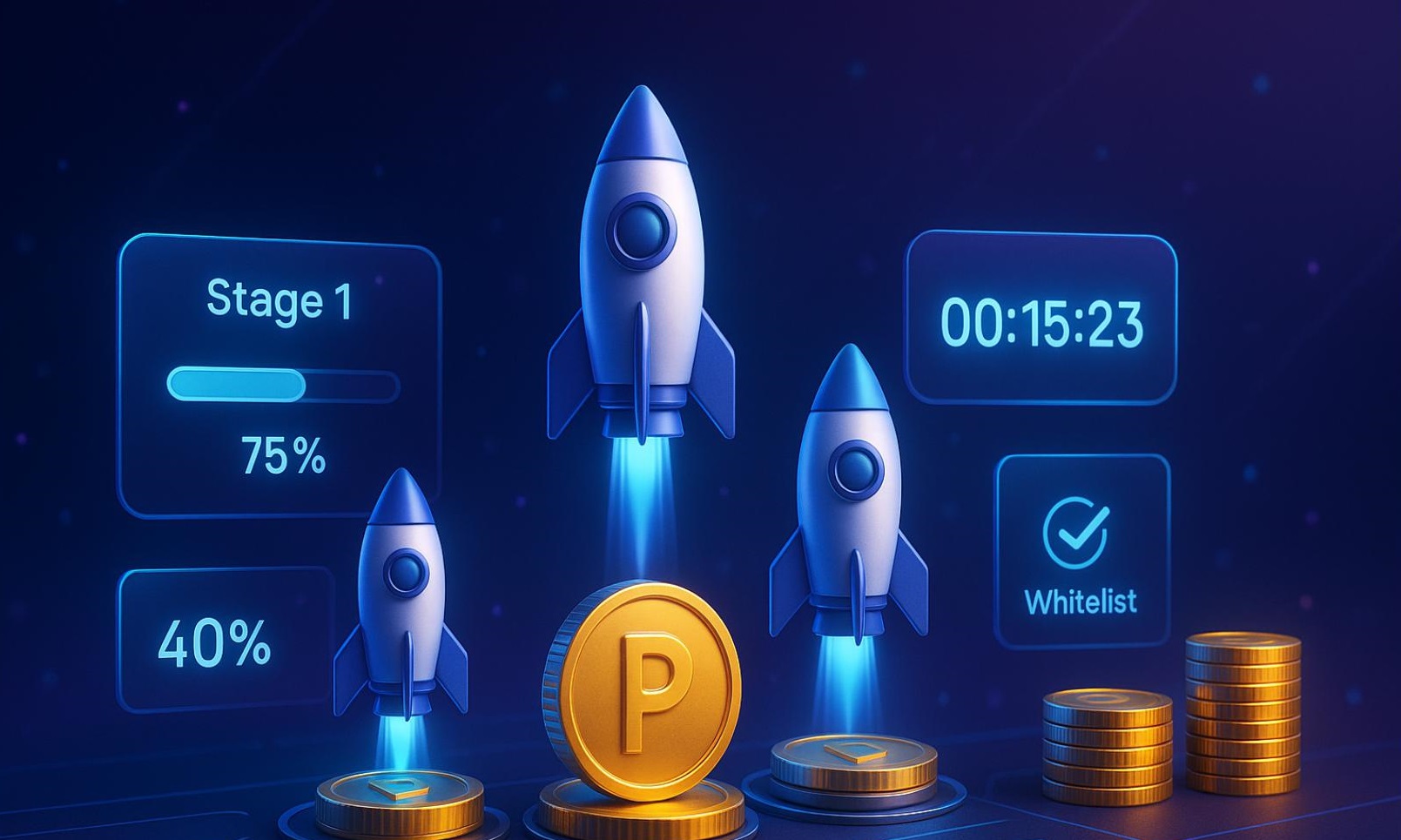






 English (US) ·
English (US) ·